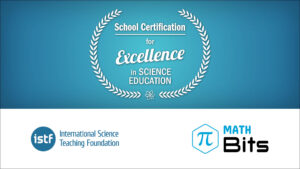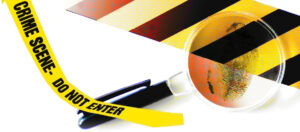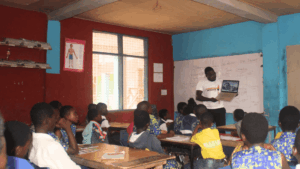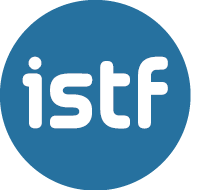Science Bits
Science Bits is a middle school science education program designed using research on how people learn.
6 de mayo de 2025
Developed with the scientific guidance of the International Science Teaching Foundation (ISTF), the Science Bits project translates findings from science education research into classroom proposals that foster more lasting, transferable, functional, and productive learning.
Built on the 5E instructional model—a constructivist approach that integrates guided discovery, explicit instruction, and the application of concepts—Science Bits offers multimedia teaching units designed to promote active learning and the development of key competencies. Interactive simulations, 3D models, virtual experiments, animations, projects, and guided inquiry activities make up a comprehensive set of tools that support deep understanding and address common misconceptions.

The program also provides tools to monitor student progress, teacher guides, and personalized pedagogical support. It is designed to fit a wide range of school settings and can be used either as a replacement for traditional textbooks or as a complementary resource.
According to a recent study, schools that have adopted Science Bits show significant improvements in students’ scientific competencies compared to similar schools that have not implemented the program. These results underscore the effectiveness of combining technological innovation with pedagogical rigor and a foundation in evidence-based research.

More than 300,000 students worldwide are already benefiting from Science Bits’ interactive multimedia resources for active science learning.











Leave a Reply